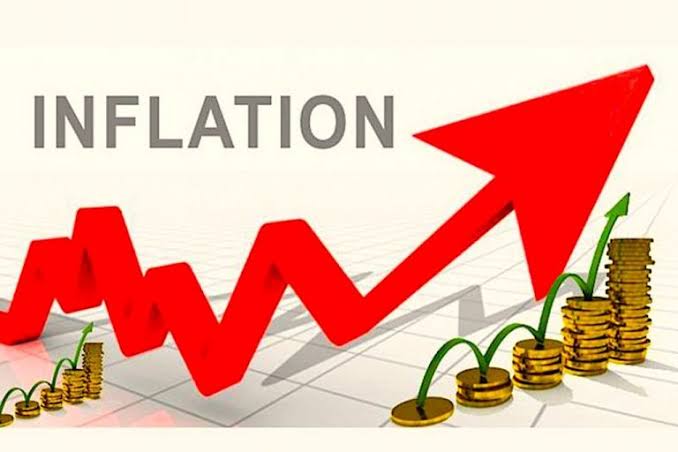Nigeria’s inflation rate declined to 33.15% in August 2024, signalling a good trend in the country’s economy. This is a 1.25 percentage point decrease from the 33.4% inflation rate observed in July. According to the most recent National Bureau of Statistics (NBS) data, inflation fell for the second month in a row, indicating that government policies and actions are taking effect.
This decrease in inflation is important for an economy that has experienced sustained price increases over the last year, owing to a mix of global economic pressures, supply chain disruptions, and domestic reasons such as high food and gasoline costs. With the inflation rate falling, the average rise in price levels reduced compared to prior months, indicating a possible stabilisation of the Nigerian economy.

Food price moderation has been a primary driver of inflation decrease. In recent months, food inflation has been a major contributor to Nigeria’s total inflation rate, with rising costs impacting people’ purchasing power across the country. However, food price rises slowed slightly in August, offering relief to consumers. The NBS research attributed the decline in food inflation to improved agricultural production and distribution routes, which have helped reduce supply constraints.
Additionally, the government’s efforts to regulate gasoline prices and stabilise the currency may have contributed to the decline in inflation rates. Earlier this year, Nigeria encountered issues with the elimination of gasoline subsidies, which resulted in an increase in transportation and production expenses, driving inflation. However, recent initiatives targeted at stabilising fuel prices have most likely contributed to the lower trend in inflation, given these expenses have a direct impact on many sectors of the economy.
Despite its gains, Nigeria has enormous obstacles in reducing inflation to more tolerable levels. At 33.15%, the inflation rate remains high by global standards, putting pressure on consumers and companies. The high cost of living has resulted in lower consumer expenditure, and many Nigerians are still dealing with the effects of increased costs on their daily life.
Economists have noted that, while the recent drop in inflation is welcome, further efforts are required to guarantee that the trend continues. Improving infrastructure, resolving security concerns that affect food production, and regulating the exchange rate are all critical areas of concentration. The Central Bank of Nigeria (CBN) is projected to continue a cautious monetary policy, with interest rate modifications likely in reaction to inflationary pressures.
Analysts are cautiously hopeful about Nigeria’s economy. If inflation continues to fall in the following months, it may indicate a broader economic rebound, improving consumer confidence and spurring investment. However, the government must stay diligent in tackling underlying challenges, such as insecurity and currency volatility, which could jeopardise development.
In summary, Nigeria’s inflation rate falling to 33.15% in August is a positive indicator, pointing to a steady recovery. As the country faces prolonged economic challenges, maintaining this decreasing trend will be critical to long-term stability.